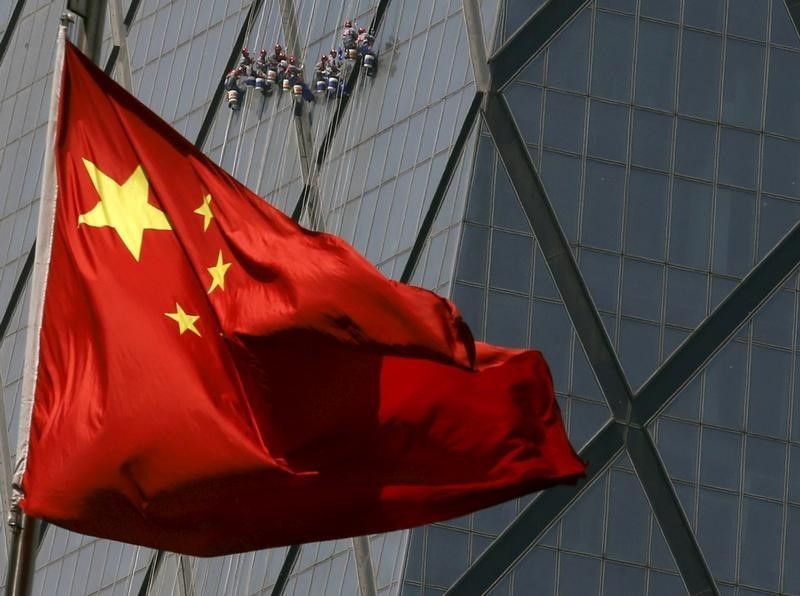Street Calls of the Week
(Adds former statistics chief indicted)
BEIJING, April 25 (Reuters) - The number of corruption suspects fleeing China in the last four years has fallen dramatically as the government steps up controls on things like passport issuance for officials, the ruling Communist Party's anti-graft watchdog said on Tuesday.
China has pursued an overseas search dubbed Operation Fox Hunt for corrupt officials and business executives who have fled abroad with their assets, part of President Xi Jinping's war on deep-seated corruption.
In a lengthy statement offering rare details of the behind the scenes action taken, the Central Commission for Discipline Inspection said prevention was just as important as efforts to get back those already abroad.
In 2014, 101 officials fled abroad, in 2015 the number fell to 31, while last year only 19 escaped, it said.
It attributed the fall to strengthened measures, especially against those whose entire families are already overseas, like tighter passport controls and restrictions on moving money offshore.
In 2015, authorities published a list of 100 of the most wanted corruption suspects who had been targeted with an Interpol red notice, many living in the United States, Canada and Australia.
The commission said that so far 40 have returned to China, most of them who had been persuaded to give themselves up.
A poster of pictures of the 100 most wanted had a large red stamp reading in English "arrested" across the faces of those now back in China.
China has been pushing for extradition treaties but Western countries have been reluctant to help, not wanting to send people back to a country where rights groups say mistreatment of suspects is a concern and there is a lack of due legal process.
Some Western officials have also expressed concern that China has put undue pressure on family members to try and persuade graft suspects to return voluntarily.
The commission made no mention of these concerns, but said persuasion to return was a way to "persuade and educate" them to come back to China to "accept handling".
The war on corruption at home saw China's state prosecutor on Tuesday formally indicted the former head of the national statistics bureau, Wang Baoan, accusing him of abuse of power and bribery, the next step in the legal case against him since he was sacked for graft last year.
It was not possible to reach Wang or a family or legal representative for comment.
China's courts are controlled by the party, and convictions in such cases are generally a foregone conclusion.
